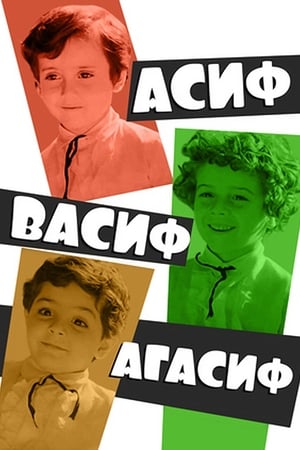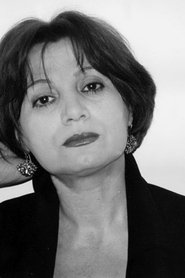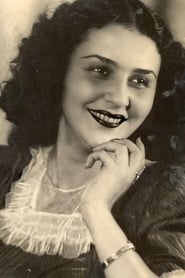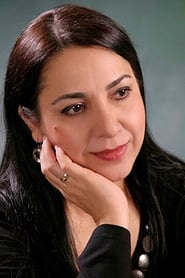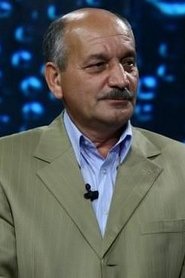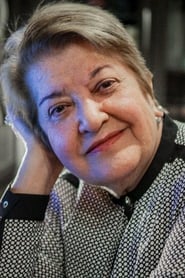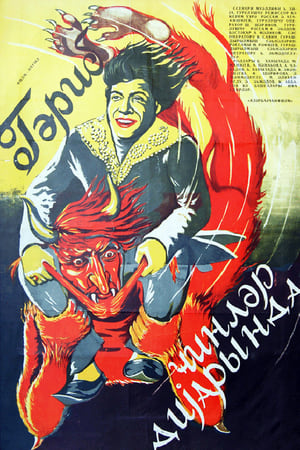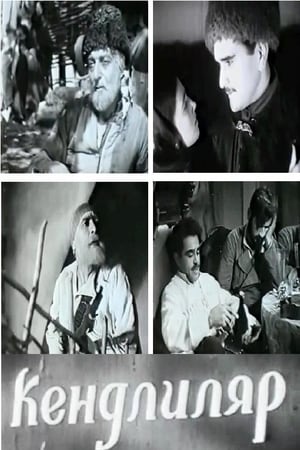Movie: Asif, Vasif, Ağasif
Top 10 Billed Cast
Asif
Vasif
Aghasif
Similar Movies
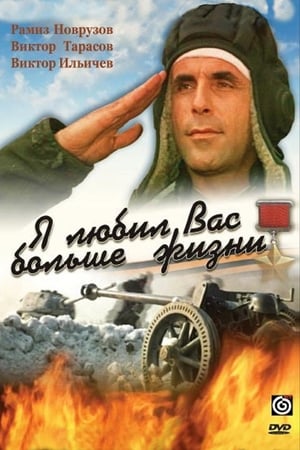 8.0
8.0I Loved You More than Life(az)
Biopic about general Hazi Aslanov, who died fighting Germans in WW2.
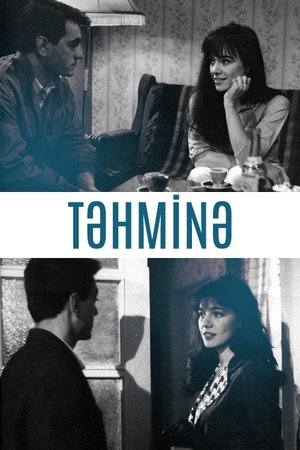 6.5
6.5Tahmina(az)
This Azerbaijani romantic drama depicts the love affair between Zaur, a man from an affluent family, and Tahmina, a divorced woman doing her best to survive in a conservative society.
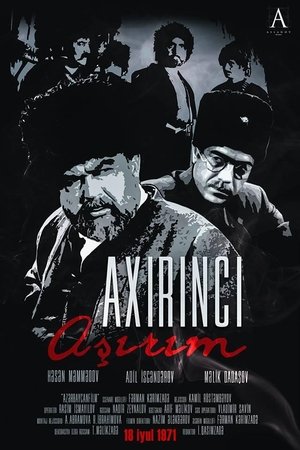 1.0
1.0The Last Mountain Pass(az)
Based on a novel by Farman Karimzade, the movie shows the life in an Azerbaijani village under the Soviet rule in 1930s. Here two former "beys" (land owners) are opposing each other. One is loyal to the ideology of the past and can't reconcile himself to the new power, to second rejects the past and accepts the power of the Bolsheviks, believing that it will establish justice.
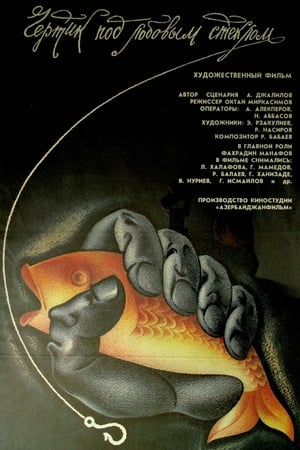 9.0
9.0The Devil under the Windshield(az)
A journalist is investigating a group of poachers who are illegally selling the huge amounts of fish
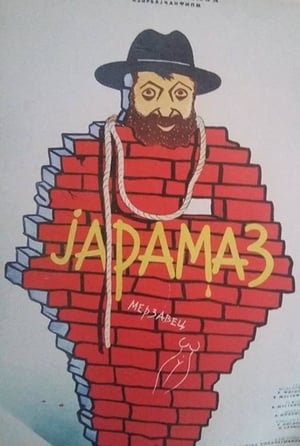 5.3
5.3The Scoundrel(az)
Film exposes the corruption and the decadence of the late Soviet bureaucracy in Azerbaijan SSR through the eyes of a naive Azerbaijani adult man, Hatem.
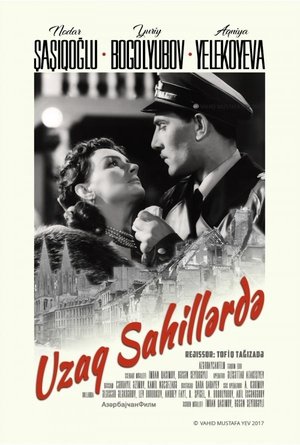 5.7
5.7On Distant Shores(az)
The film portrays the life of the legendary Azerbaijani guerrilla of the Second World War Mehdi Huseynzadeh, who fought the Nazi forces in the present-day Italy and Slovenia, hence the film's name On distant shores referring to the Adriatic Sea.
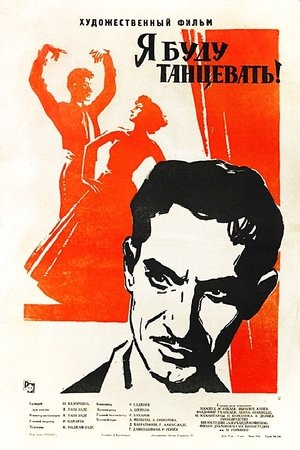 0.0
0.0The Labour and Rose(az)
The film is about famous Chechen ballet and folk dancer Mahmud Essembayev's life.
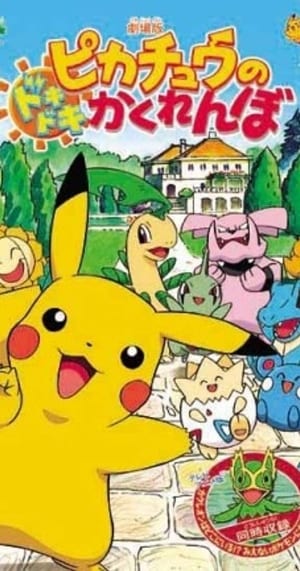 6.3
6.3Pikachu's PikaBoo(ja)
At a giant beachside mansion, Pikachu and some of its buddies decide to play a game of hide-and-seek. Pikachu is “it,” and it goes off in search of its friends. Meanwhile, Larvitar, sick of being all by itself, kicks a rock in anger. The rock hurtles through the air—and hits a lawnmower, turning it on and sending it tearing off after Pikachu and its friends! The group draws the lawnmower into a maze and even gets it into the water, but the lawnmower just keeps on chasing. The Pokémon build a road out of logs, hoping to get the lawnmower into a shack, but Psyduck trips and ruins the whole setup. How will the friends ever escape the lawnmower? This fantasy will have you on the edge of your seat!
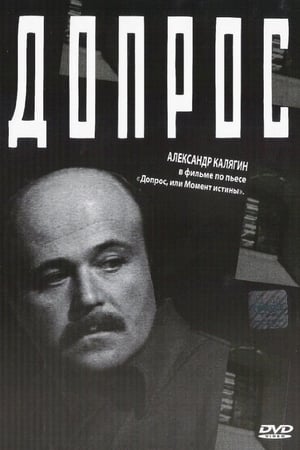 6.2
6.2Interrogation(az)
The investigator Seyfi Ganiyev runs the case of an illegal mercery shop's head Murad Abiyev, who confessed in embezzlement of one million rubles from public funds. Abiyev is also accused of the murder of an underage girls that occurred in Riga shortly after Abiyev saw her. He denies his guilt, but does not name the perpetrators though he knows them, despite the fact that he is facing the death penalty. The investigator understands that some high-ranking officials stand behind Abiyev, but he has no proof. Ganiyev seeks to obtain from the prisoner the whole truth to bring the criminals to justice.
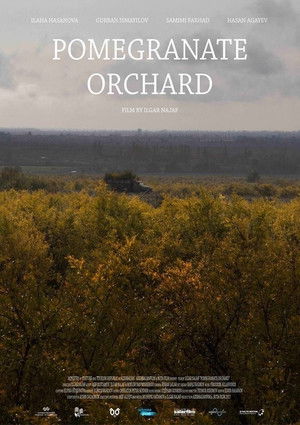 6.2
6.2Pomegranate Orchard(az)
Inspired by Anton Chekhov's The Cherry Orchard, the film follows a prodigal son who returns after 12 years. His reappearance at the family home in rural Azerbaijan significantly alters their way of life.
The Family(az)
January 1990, Baku. The Soviet Union hasn't collapsed yet. Around 300 thousand Azeri have been forsed out from their homes in Armenia and Daghlig Garabagh. Rallies of protest, political meetings spring up in Baku. The old patriarch, Ismail gathers under his roof distant relatives, people of different nationalities, beliefs, and ideas. The old man is tortured by everything happening around him: unrest in the city as well as discord and discarder in his own overpopulated apartment. All his efforts to preserve the family are in vain. People want to live separately. Former friends become bitter enemies because of the senseless aggression.
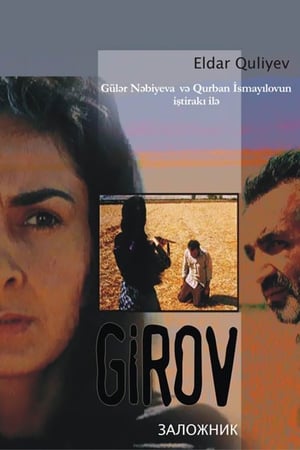 5.0
5.0The Hostage(az)
During the late 1980s and early 1990s the Armenian minority in Nagorono-Karabakh attempted to break away from Azerbaijan, one of the former Soviet republics. Overnight these former neighbors became enemies, and simple village folk were suddenly made hostages in a complex power game. One of the Azerbaijani villages right on the border is home to the family of the peasant farmer Kerim, who has just been captured by the Armenians. The village council decides to take an Armenian in order to arrange a hostage exchange. They imprison the wounded man in the barn next to Kerim's house, where his wife and three children desperately await the husband's return. The captive from the other side of the border finds himself in exactly the same situation - he, too, has three children, he finds it hard to scrape a living together, he has never done anything to harm anyone and, like Kerim, he just wants to go back home. But life in Karabakh is far more complex now. Blood calls for blood.
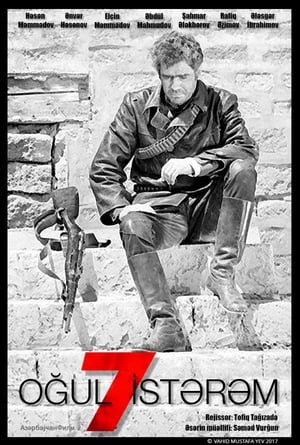 4.2
4.2My Seven Sons(az)
This film was based on Samad Vurgun's "Komsomol poem". Seven sons, like seven samurai become the seven komsomols (communist leaders) who were sent to a village to establish Soviet power. Seven sons become the romanticized images of people's heroes ready to take revenge.
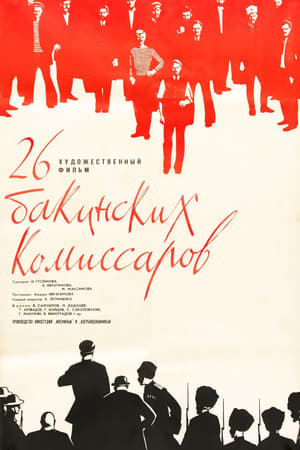 7.2
7.2The Twenty Six Comissars(az)
The film is about dramatic revolutionary events happened in 1918 in Baku.
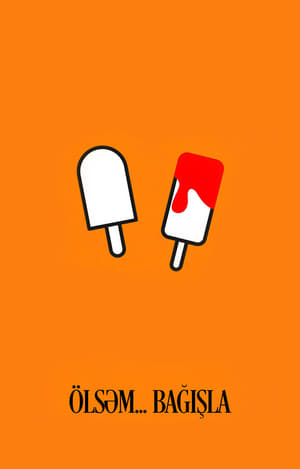 3.0
3.0If I Die, Forgive Me(az)
A soldier recently returned home finds it hard to scrape by, and the girl he loved married.
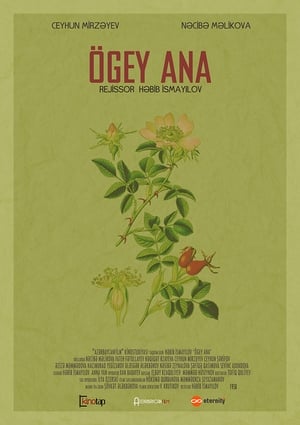 5.4
5.4Stepmother(az)
The film is about the stepmother who tried to be a real mother of a boy. But she could be a real mother only after some difficult events for her and child.
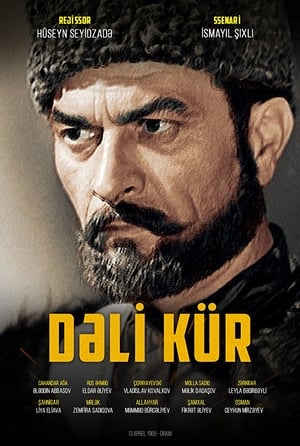 4.0
4.0The Tempestuous Kura(az)
After the novel of the same name of I.Shykhly. The film is about new intelligenzia in Azerbaijan at the beginning of the 20th century.
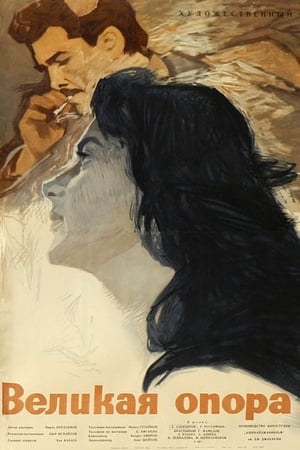 3.4
3.4The Great Support(az)
After the novellette of the same name of M.Ibrahimov. The film is about a man who trusted his subordinates.

